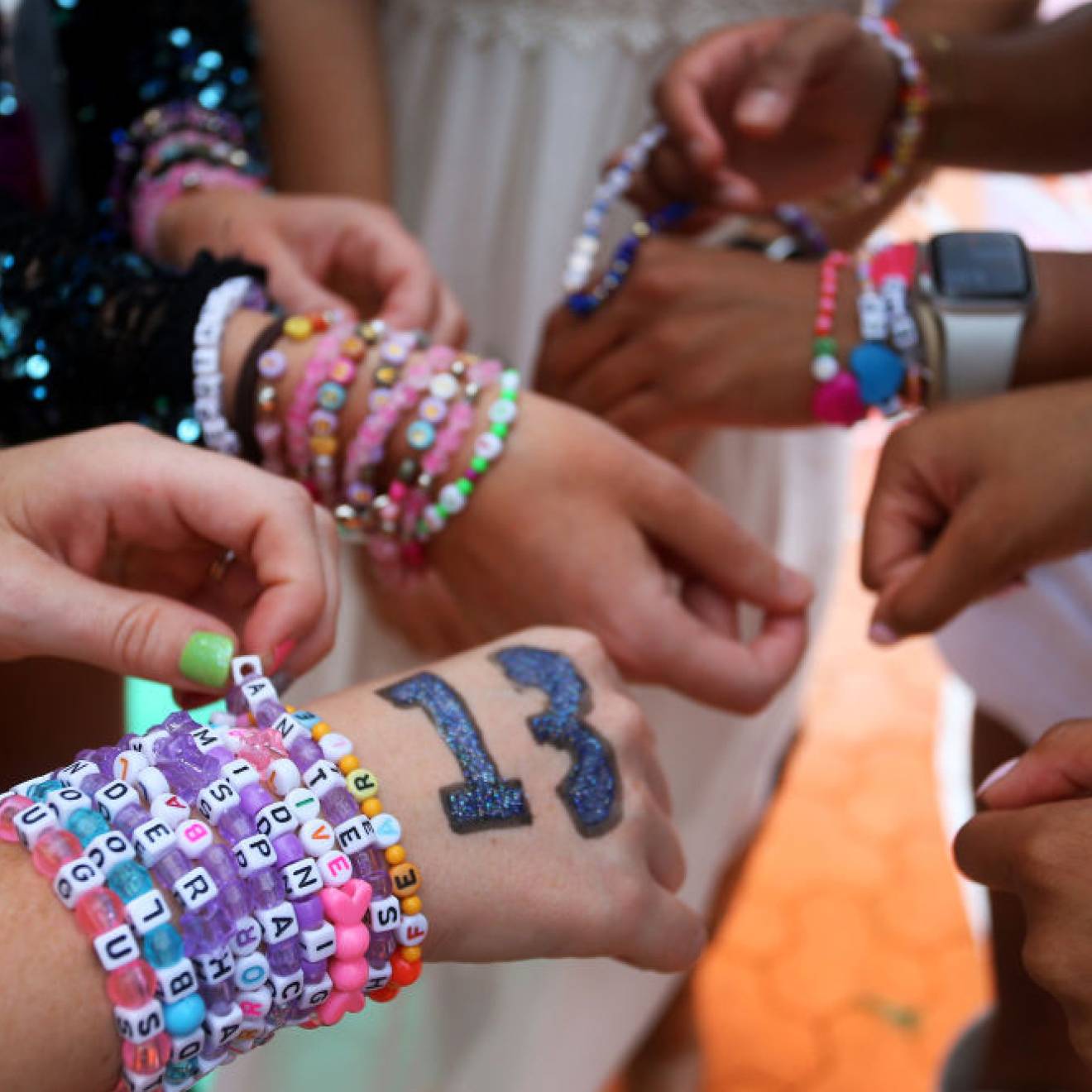Nicole Freeling, UC Newsroom

As a kid growing up in Salinas, Calif., Rolando Perez displayed an unusual academic and technical aptitude, and once dreamed of becoming an astronaut. But by the time he was in his mid-20s, he found himself on a path that, he says, “was going to wind me up either in prison or dead.”
Drifting between jobs, with a rap sheet of minor offenses and a list of close friends lost to gang violence, Perez ultimately resolved to turn his life around.
Last Sunday (June 14), Perez graduated from UC Santa Cruz with a degree in bioengineering and now plans to do research in synthetic biology.
It is a turnaround he credits to two major influences: the Air Force, where he served as a jet mechanic; and his family, who never lost sight of his potential even when he failed to see it himself.
“My father pushed me to be an engineer,” said Perez. It was an idea that, as a teenager, he rejected out of hand. “It took me a long time to see that he was really seeing something in me.”
Finding the way back
Although he was a smart kid, by high school Perez was struggling with alcohol abuse and a history of run-ins with the law. The Sept. 11 terrorist attacks happened while he was finishing high school, and spurred him to enlist not long after he graduated. His experience in the Air Force, where he completed training at the top of his class, gave him leadership skills and a sense of integrity that he said have served him well over the long run.
When his unit was downsized, however, he discharged after just 14 months of service. He returned to California at a loss for what to do next, and quickly slid back into his former lifestyle.
He was sharing a house with a number of other men when an argument erupted during a poker game. Someone pulled a gun, raised it in Perez' direction, and squeezed the trigger.
“Being in the military, I recognized the sound: When someone tries to shoot, but the gun doesn’t fire,” he said.
“I don’t know why the gun didn’t go off,” Perez said, but the stroke of fate was a turning point. He moved back in with his grandparents, who offered him the chance to get his life back together.
“I realized I was wasting the wealth of love and respect I had from my family. I had an obligation to myself and to them to go back and do the best that I could from then on.” He enrolled in Hartnell Community College, and worked his way up from remedial algebra classes to associate’s degrees in physics and mathematics.
Combining medical research with a talent for tinkering
Studying with Perez at Hartnell was his younger brother, Justin. The younger Perez had been diagnosed with a tumor the size of a golf ball in his brain when he was just 3 years old.
The doctors who treated his brother struck Perez as miracle workers — and helped turn his interests from exploring the cosmos toward working to eradicate deadly disease.
At the same time, Perez began to recognize what his father had always seen: engineering ability and talent for tinkering.
When he learned about the emerging field of synthetic biology, which combines elements of both biology and engineering, he said, “That was it for me: I knew that was the thing I wanted to devote the next decade of my life to.”
UC Santa Cruz afforded the opportunity to be part of a new bioengineering program, where Perez could work one-on-one with faculty and advisors. His studies at Santa Cruz included work on developing devices that can hold cells in place so researchers can more carefully observe their behavior in a variety of situations.
Finding community with veterans groups
As an undergraduate, Perez benefited from services he received as a student veteran. He lived in a veteran’s apartment steps away from his laboratory and many of his classes. He also found community and close friends.
Now headed to an internship at Novartis and a Ph.D. at Stanford, Perez plans to work with some of the leading minds in the field of synthetic biology. He also hopes to be a mentor and encourage more Latino students to pursue advanced degrees in science.
“I truly believe a diverse set of backgrounds among those doing research will breed more holistic solutions to the problems we face.”

